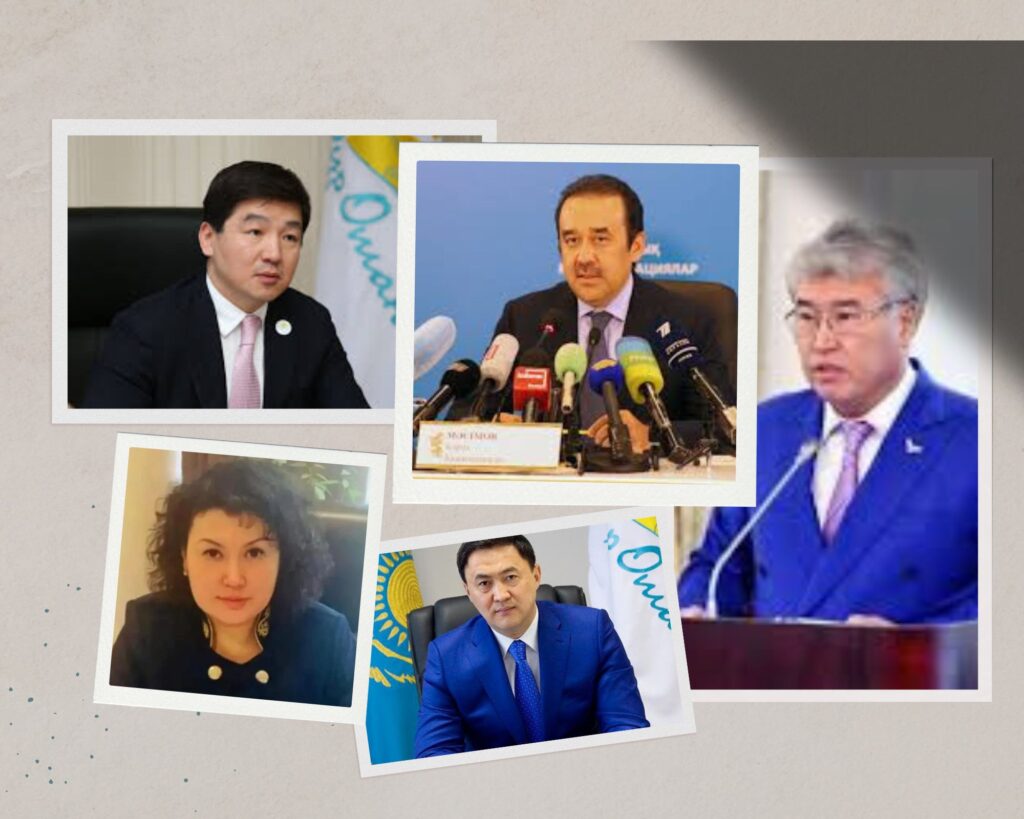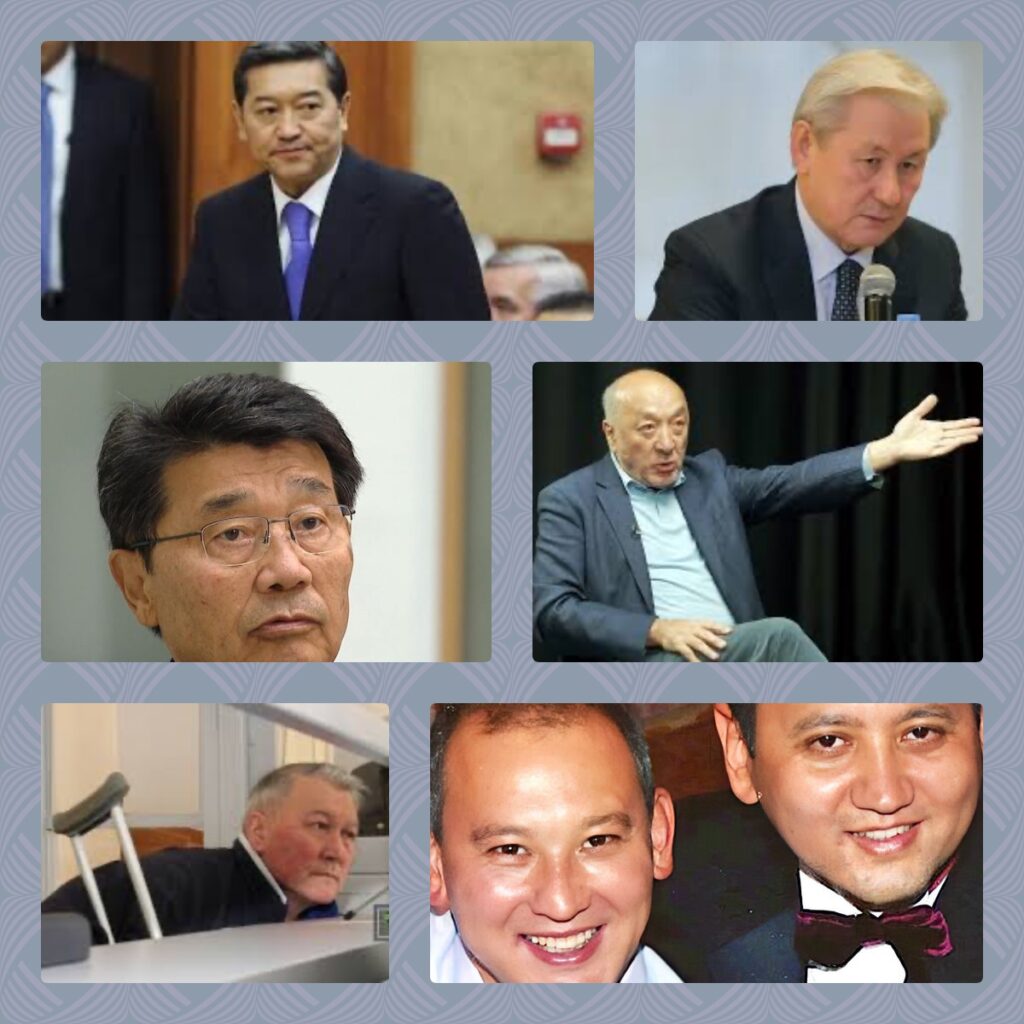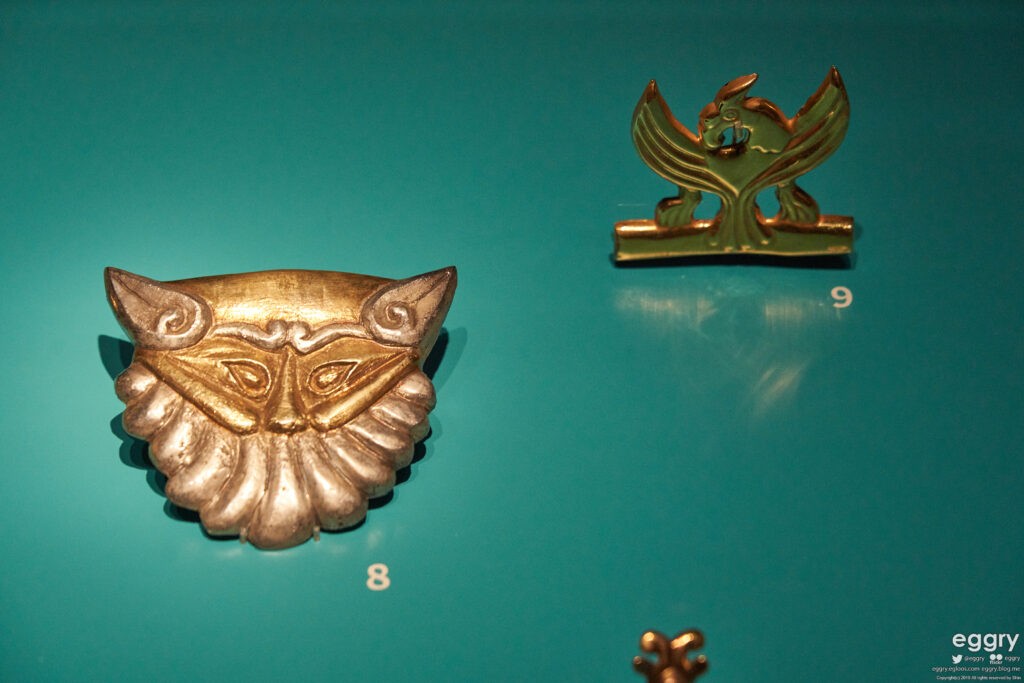Kazakhstan Proposes Polygraph Testing for Law Enforcement Officials
Kazakhstan’s General Prosecutor’s Office has drafted a decree proposing the use of polygraph examinations when appointing law enforcement officers to senior positions. Previously, there had been discussions about requiring all government job applicants to undergo lie detector tests. According to the proposal, polygraph testing could be applied to candidates for leadership roles in all law enforcement agencies, state protection services, and the State Courier Service. “The main objectives of the test are to identify hidden negative motives for seeking employment in law enforcement agencies, including affiliations with banned public associations, criminal organizations, and terrorist groups,” the draft states. Additionally, polygraph tests would aim to detect potential issues such as alcohol or drug addiction, gambling problems, concealed illnesses, suicidal tendencies, undisclosed income, dual citizenship, or the use of forged documents. Candidates may also be questioned about corruption-related offenses, unauthorized disclosure of classified or official information, and abuse of power. “The examination of an employee from a law enforcement agency, civil protection agency, or the State Courier Service of the Republic of Kazakhstan will be conducted when they are nominated for higher managerial positions - whether as part of regular or unscheduled attestation or through a competition for a leadership role. It may also be used during official investigations, with the individual's consent,” the draft decree states. The proposal, published on the Open NPA portal, is open for public discussion until February 14, 2025. Kazakhstan established a legal framework for polygraph use late last year. However, this is not the country’s first attempt to introduce lie detector tests for civil servants. In 2010, members of the Nur Otan party proposed using polygraphs to screen government officials involved in financial matters. At that time, the plan covered all government departments - both law enforcement and civilian - though it faced greater resistance from the latter. Ultimately, the proposal was not implemented in the civil service. Now, 15 years later, discussions have resumed, though with a narrower focus on law enforcement personnel. As The Times of Central Asia previously reported, Kazakhstan also has plans to establish a register of corrupt officials.






